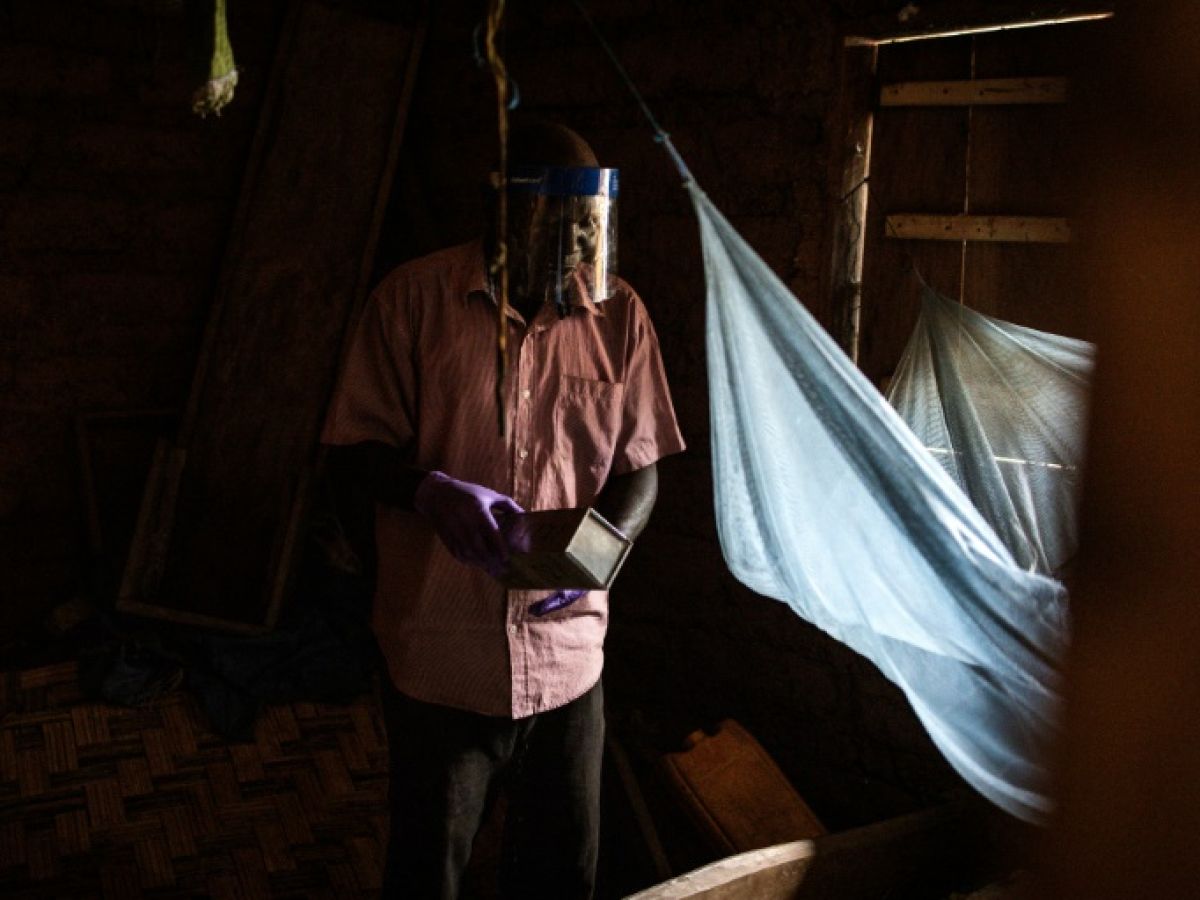Chemical submission detection kits will be reimbursed by health insurance "in several departments", on an experimental basis and according to a schedule yet to be defined, Prime Minister Michel Barnier announced on Monday, in the midst of the Mazan rape trial.
This case, which has international resonance, in which around fifty men are accused of raping a woman, Gisele Pelicot, who was drugged by her husband, "will mark a before and after", said the Prime Minister, on the occasion of the International Day for the Elimination of Violence against Women.
This case "raises the still little-known question of chemical submission and we are all awaiting the outcome of this trial with great attention," said Michel Barnier, visiting the Maison des femmes at the Hotel-Dieu hospital in Paris.
Chemical submission involves the administration of psychoactive substances to an individual, often a woman, without their knowledge, for the purposes of assault and rape.
In October, the government had relaunched a mission on the subject, entrusted to RDSE senator Veronique Guillotin and Modem deputy Sandrine Josso. The latter had recommended in particular that pharmacies be able to deliver, on medical prescription, to women who think they have been drugged, a "detection kit" or "morning after kit" with "vials to collect urine", useful addresses and "all the steps to follow" to access the proof.
The fight against violence against women is a "very long road", stressed Michel Barnier. "We must go further because this road is not finished".

The Prime Minister confirmed that the government would implement several measures to improve the fight against violence against women. He plans to provide each department with a women's house by 2025 and to extend the system allowing women victims of sexual violence to file a complaint in a hospital with an emergency or gynecological department - a measure announced Monday morning by the Secretary of State for Equality between Women and Men, Salima Saa.

